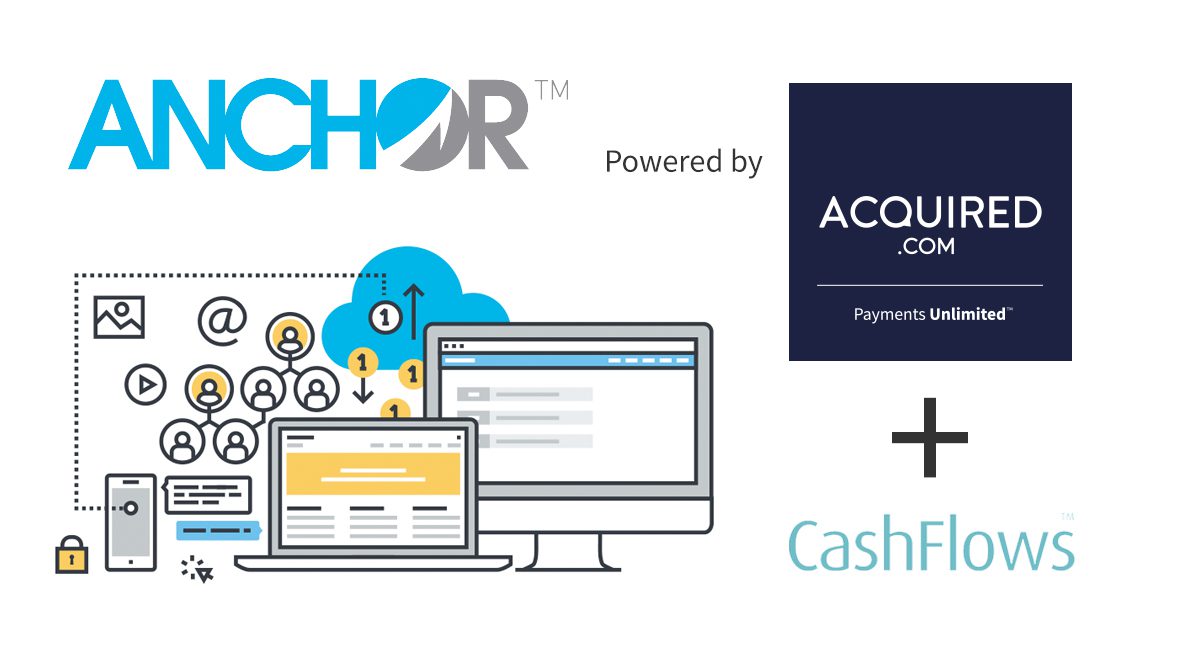In addition to the obvious differences in the quality of their credit histories, navigating the payments landscape for prime vs subprime borrowers can look starkly differently from a lender’s perspective. Not only are subprime borrowers viewed as higher risk for defaulting on payments, but they are also subject to further constraints when it comes to payment authorisation, collection attempts and the handling of defaulted debt.
We have explored the key areas where prime and subprime borrowers differ when it comes to collecting payments and made suggestions about best practise to improve success rates and streamline the customer experience.
Transaction Attempts
When it comes to compliance, it is important to consider that VISA have different rules in place when reattempting payment collection for subprime lenders vs prime lenders. For subprime or debt collection agencies, merchants may not resubmit a payment for authorisation if there have already been three collection attempts, whilst resubmission rules for prime lenders are more lenient.
For all lenders, a transaction may not be reattempted if the decline response code was a hard decline, this includes 41 (lost card) and 43 (stolen card). This restriction highlights the importance of valuable solutions such as Account Updater which can pre-authorise a customer’s card ahead of their collection date. Account Updater solutions automatically update the tokenised card details ahead of the collection of funds, resulting in higher collection success rates.
Limitations around submission attempts necessitates working with a payment gateway that can provide deep data analysis of payment trends and make useful recommendations which support their merchants when improve success rates, collect on time and reduce default rates.
Insufficient Funds
Subprime merchants tend to have higher rates of insufficient funds declines than their prime equivalents. The ability to collect funds on the first attempt is important not only for lenders, but also for borrowers as late repayments of loans may further impact their credit scores, putting subprime borrowers in an increasingly difficult situation.
Running bespoke analysis of previous transactions can help lenders find the optimum payment collection time. This can make a huge difference, as merchants may have significantly higher acceptance rates at various points in the month and at particular times of day. Acquired.com prides itself in the data rich information we can provide about optimising collection times, resulting in our merchants improving their success rates significantly.
Selling Defaulted Debt
Often with a limited or damaged credit history, subprime borrowers are deemed more likely to be unable to re-pay loans and it is common for lenders to sell on defaulted debt to debt collection agencies. This usually requires a token migration which takes place between the lenders payment gateway and the debt collectors payment gateway in order to transfer the defaulted customers.
Working with a payment gateway who is experienced in this type of token migration can help ensure a smooth transition of funds. This prevents disruption in the collection process and removes the need to ask customers to provide their payment details again. Acquired have links to various debt collection agencies who buy defaulted debt and significant experience in this area.
Understanding the Ecosystem
Whether lending to prime or subprime borrowers, working with a payment gateway that has an in-depth knowledge of the industry and a 360 view of the lending ecosystem is a critical success factor. From lead generation, customer acquisition and risk and affordability checks through to secure and streamlined loan payments, the efficient collection of the funds and potentially the handling of defaulted debt; expert guidance in this area can provide a huge advantage.
Acquired.com offer a suite of solutions that are tailored for lenders specific needs, from deep data analysis, expert recommendations, our Account Updater solution, and a wealth of compliance knowledge related to VISA and MasterCard.






